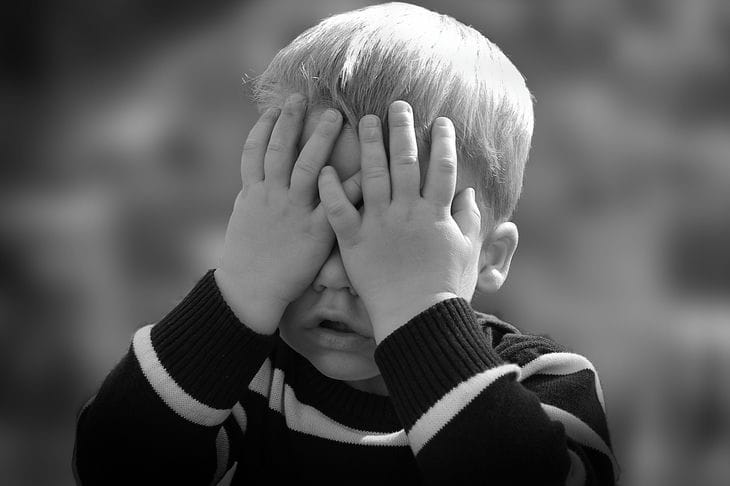Childhood depression is a serious psychological disorder that can affect a child's development.
Psychologist Irina Zolotova told how to recognize childhood depression.
Here are some signs that may indicate childhood depression.
1. Mood changes: the child becomes sad, cries, apathetic, and is not interested in games and activities that he or she previously enjoyed.

2. Decreased energy level: the child becomes weak, sleepy, tired, and cannot perform normal actions that he could do before.
3. Changes in behavior: the child may begin to show aggression, jealousy, stop communicating with friends, refuse to participate in group activities, and avoid communicating with parents.
4. Loss of appetite: the child may become capricious about food, begin to refuse favorite dishes, or completely refuse to eat.
5. Sleep ability: The child may have gaps and like to sleep outside of normal sleep hours or, conversely, not sleep enough.
6. Decrease in academic success: the child has become less active at school and shows a decline in academic performance.
If you suspect you may have childhood depression, seek help from a doctor or psychologist for professional diagnosis and treatment.
They may use different methods to help the child, such as psychotherapy, medications, or other methods. It is important to remember that the earlier depression is identified, the faster and easier it can be treated.
If you notice signs of depression in your child, there are several things you can do at home to help.
1. Provide your child with food and sleep - this is the basis of healthy behavior. Try to create a daily routine so that the child can easily absorb everything necessary.
2. Try to spend more time with your child. Try to find common time to communicate, listen to his problems, play together and develop.
3. Help your child deal with the source of depression - this could be a move, parents' divorce, a decrease in good connections with friends, or some other situation that causes anxiety.
Try to help him adapt to the new situation, gradually build relationships with friends, find new hobbies or interests.
4. Use relaxation techniques to develop stress management skills. Certain relaxation techniques, such as deep breathing, yoga, or meditation, can help children reduce anxiety and tension.
5. If your child shows symptoms of depression for more than 2 weeks, seek help from a doctor or psychologist who can provide professional help.
It is important to remember that the support and care you provide to your child can help him or her overcome depression and continue to develop properly.
